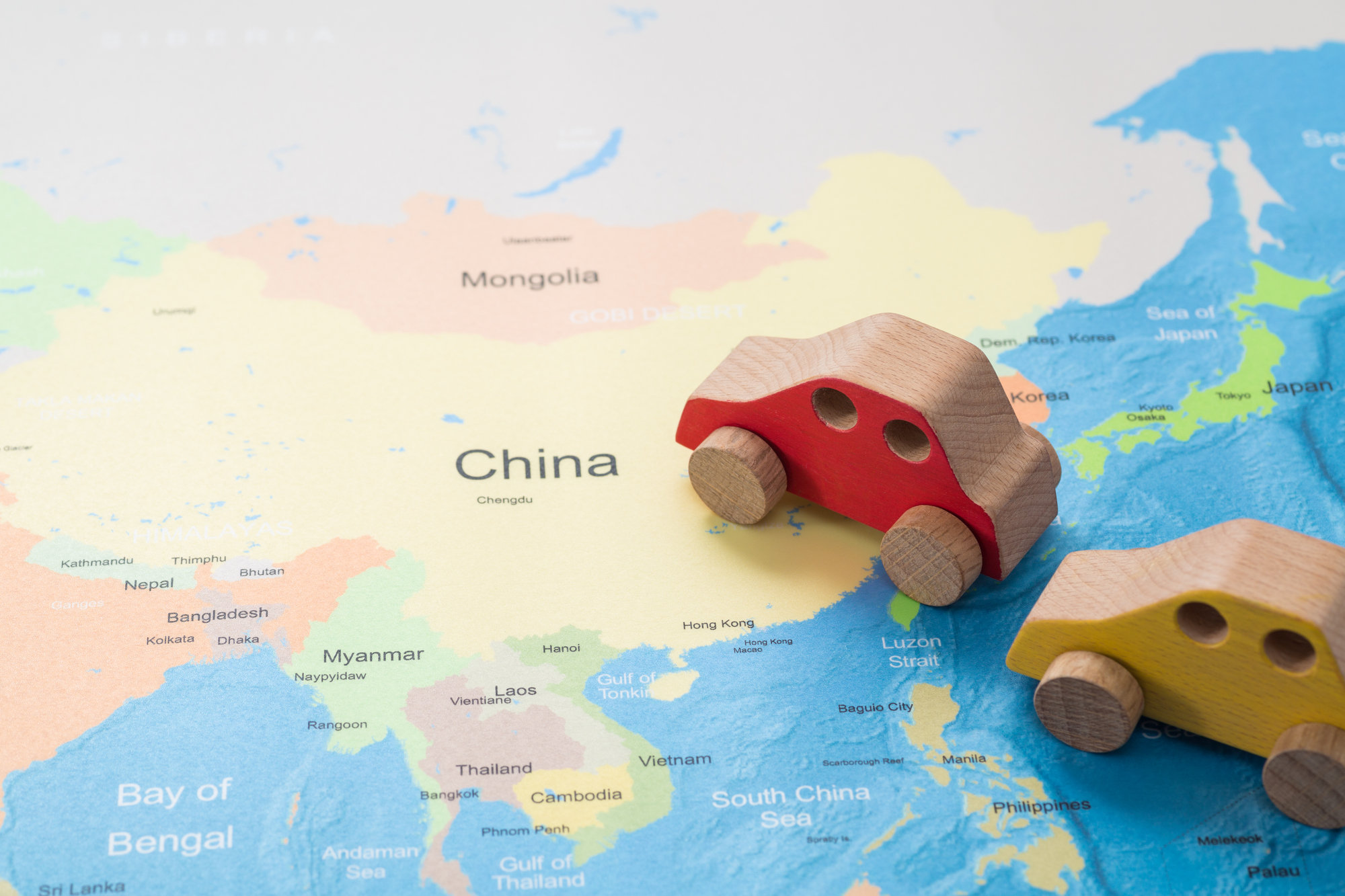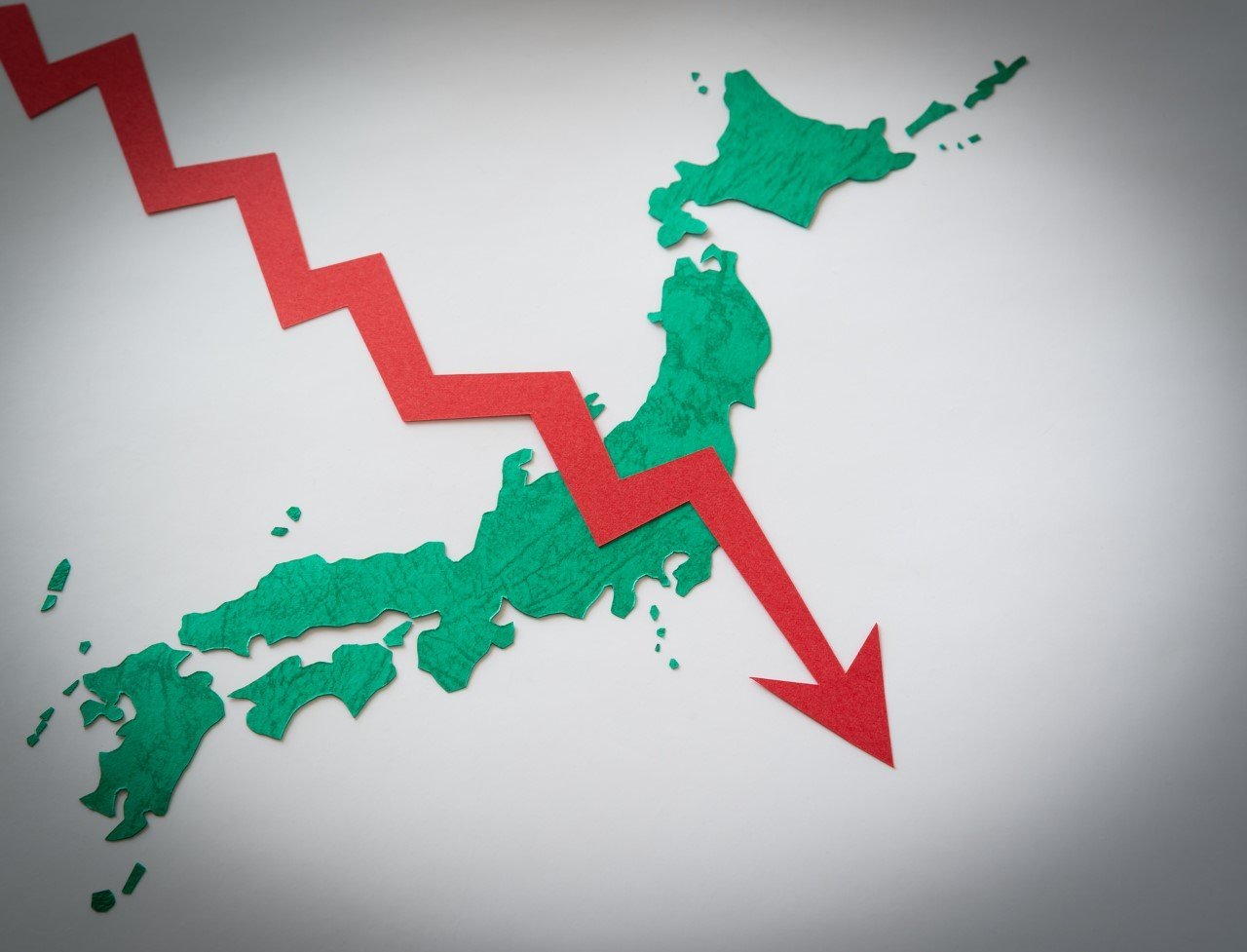2012/01/30
No. 141: Kenji Hiramatsu, "COP17 and Japan's Contribution"
[PDF version]
From November 28 through December 11 last year, the 17th Conference of the Parties (COP17) to the UN Framework Convention on Climate Change was held in Durban, South Africa. Japan had consistently been insisting on the need to create a new, fair and effective international framework in which all major countries participate. Without such a framework, we believe that the world will never succeed in curbing global warming.
The Durban conference prepared the ground for such a legal framework by setting up an ad-hoc working group to this end. It was a major step forward in the direction that Japan had long been advocating. The creation of the Durban Platform for Enhanced Action was indeed the meeting's greatest achievement, and with this, climate change negotiations have entered a new phase.
The key phrase of the agreement, "applicable to all," was originally proposed by Japan and adopted in the final document. The countries obliged under the Kyoto Protocol account for only 26 percent of the world's total greenhouse gas emissions. This percentage is expected to decrease in the coming years. Without a new framework involving all countries, global warming will never stop. Herein lies the significance of the agreement. The other significant achievement of the conference is that Parties agreed on concrete measures to operationalize the Cancun Agreements, including guidelines to improve transparency of Parties' mitigation actions and basic design of the Green Climate Fund.
The negotiations at COP17 were framed by collaboration among Japan, the European Union and the Alliance of Small Islands States (AOSIS) aiming at an ambitious future framework. Japan kept in close contact with major countries and presented constructive proposals, eventually gaining the support of many countries and setting the stage for agreement on negotiating the new framework. South Africa, the COP17 President, expressed gratitude for these contributions by Japan, calling Japan's stance "frank, honest and consistent."
The agreement, attained under difficult circumstances, was historic indeed. However, it was just the first step toward a future framework. We need to redouble our efforts, building on the groundwork laid by COP17. Although Parties have agreed on the process for building the new framework by 2015, the actual negotiations will never be easy. During the transition period, all countries are required to step up efforts to mitigate climate change impacts, regardless of legally binding numerical targets.
Despite its predicament since the Great East Japan Earthquake, Japan is making utmost efforts to meet the reduction targets set for the first commitment period of the Kyoto Protocol. We also hope to show our concrete progress to the world by setting national policies on climate change. Of the US$15 billion committed as Fast-start Finance through 2012, Japan has already disbursed US$12.5 billion. Assisting the adaptation efforts of developing countries, those most vulnerable to climate change impacts in particular, is of crucial importance. Japan will continue to provide active support to these countries even under tight fiscal constraints.
Furthermore, regional cooperation and bilateral carbon offsetting credit mechanisms will constitute an effective complement to the UN framework in substantially reducing greenhouse gas emissions. From such a standpoint, Japan has proposed and promoted "Japan's Vision and Actions toward Low-Carbon Growth and Climate-Resilient World" as a global initiative as well as some regional plans, such as "African Green Growth Strategy" and "East Asia Low Carbon Growth Partnership".
Now that the international community has taken a step toward achieving the new framework involving all countries, which Japan has been advocating consistently, Japan must play a leading role in the negotiations.
Kenji Hiramatsu is Director-General for Global Issues of the Ministry of Foreign Affairs, Japan.
The views expressed in this piece are the author's own and should not be attributed to The Association of Japanese Institutes of Strategic Studies.









